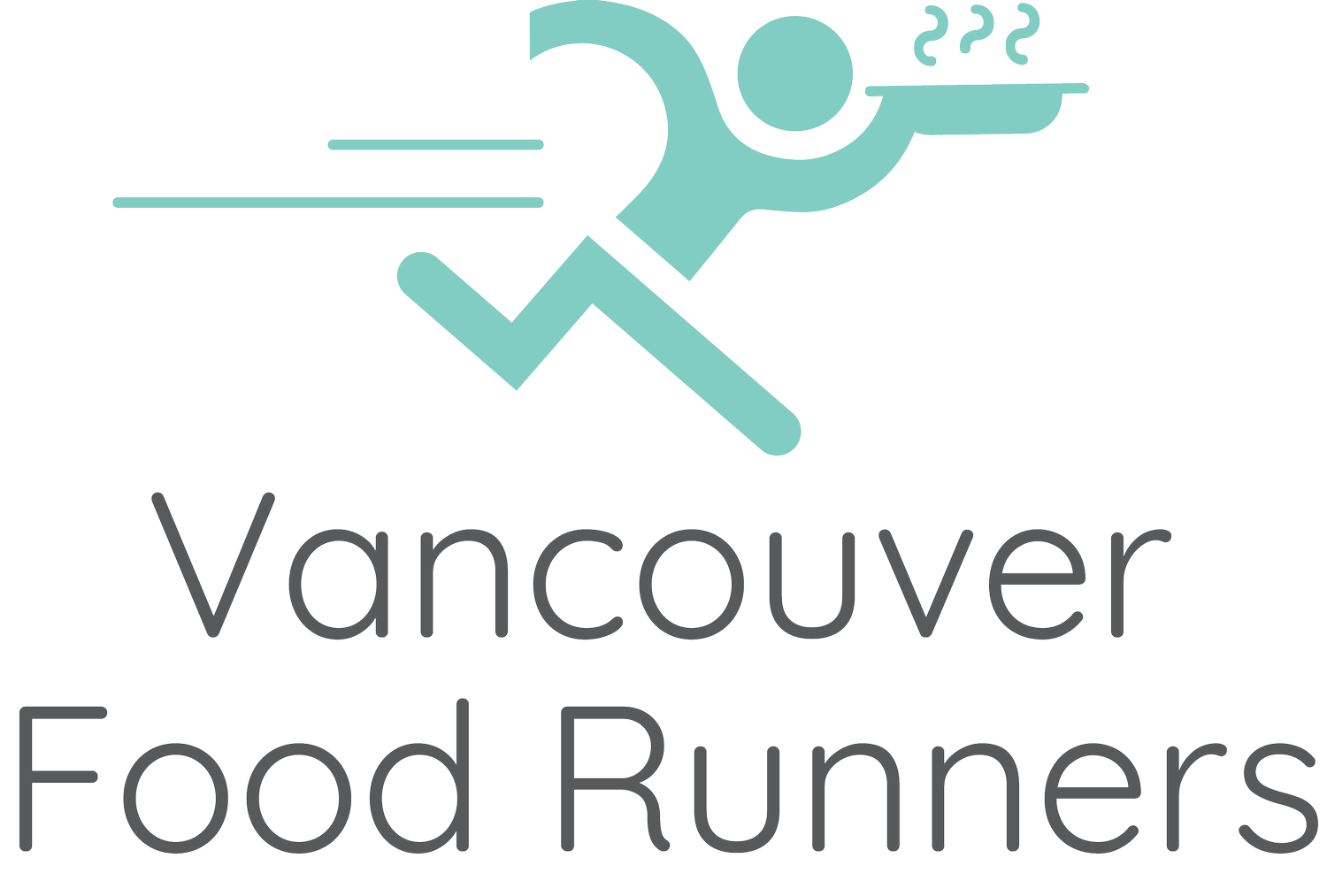Ben Liegey
VFR: Tell us about yourself and Rethink2gether, and why you were inspired to start this company.
Ben Liegey: I’m an eco-friendly foodie, originally from France and grateful to work and live on the unceded territories of the Musqueam, Squamish and Tsleil-Waututh people. I am also the first Accredited Consultant for The PLEDGE on Food Waste in Canada, with a food engineering background combined with an Executive MBA.
In BC, an average restaurant spends $51,000 on food that is never eaten. In 2020, Laure Dupuy and I started the food sustainability consultancy Rethink2gether. We believe there is a better way to eat, and we are on a mission to help commercial kitchens prevent food waste and improve their bottom line.
VFR: The principles of a circular economy inform the work that you do. Tell us more about these principles and how they intersect with your work.
BL: Unlike food rescue organizations, Rethink2gether is focused on food waste PREVENTION, using the principles of a circular economy. The magnitude of the food waste issue is such that there is a need for both food surplus prevention and rescue. Rethink2gether brings together expertise, technology, and a food waste prevention program to reduce food costs by 3% or more. We really need to rethink the way we value food, including the way we consider what is edible or not. We are also developing an e-learning tool to provide useful recommendations, and we plan to provide complimentary access to the first module in order to raise awareness in the industry.
As a member of the Vancouver Food Policy Council, I am also advocating for more food waste action in the city, to be aligned with the UN’s Sustainable Development Goal 12.3: reducing food waste by 50% by 2030. We can do it!
VFR: Food waste has been described as an invisible problem, but it has a huge impact on the environment. Help us understand the magnitude and scope of this challenge.
BL: In Canada, 58% of all food produced is never eaten, and avoidable food waste is worth $49 billion every single year! Food waste also has a huge impact on the environment, representing 8% of total greenhouse gas emissions. According to, reducing food waste is the #1 solution to reducing carbon emissions. With global warming, British Columbians are all too familiar with the increasing intensity of local wildfires, so we know it is key to take action now!
VFR: In your opinion, are businesses and organizations becoming more open to the idea of reducing their food waste? If yes, tell us about this shift.
BL: Unlike other food businesses across the food supply chain, there is still a lack of awareness in the restaurant industry with regards to food waste. Most food service operators ignore that 7% of food revenues are spent on food that is never eaten. This is because only 3% of food service operators are measuring food waste. But the good news is that ambitious food waste action is good for the environment, and good for the bottom line. Rethink2gether can provide the most affordable food waste monitoring app: it is easy-to-use, data-driven, affordable for our clients, and is scalable across all sizes and formats for restaurants and hotels. Food service operators can get a 45-day complimentary trial today by emailing us at: info@rethink2gether.com
The Zero Waste movement is growing among Millennials who want to have a positive impact. Also, Generation Y is currently the biggest generation in the workforce in Canada and will account for 75% of the total workforce in 10 years. As such, we should see an increasing number of businesses becoming more open to the idea of reducing food waste as an attractive way to recruit the right talent.
VFR: A significant amount of food waste happens at the household level. What are some easy strategies to reduce food waste in our own homes?
BL: In Canada, an average household can save $1,100 per year by preventing food waste. There are many tips and tricks to reduce food waste at home. For example, it is a good idea to take a photo of your fridge before shopping, so you don’t purchase more of something you already have. Also, imperfect produce is gaining in popularity. You can find it at Farmers’ Markets, SPUD, or at Peko Produce.
Finally, my favorite trick in reducing food waste at home is to be creative in the kitchen by getting the most out of the food you buy. Did you know you can even use banana peels? If you’re interested, the recipe is on our blog. The IKEA Scrapsbook and the website Love Food Hate Waste are great resources as well.
VFR: You have an exciting project on the go. Tell us about the Food Synergy film you are creating and what you hope to accomplish with this documentary.
BL: I am also working on the Food Synergy Movie with Vivian Davidson. It’s a local documentary about food waste and shares seven positive stories to empower viewers to learn to love their food from farm to plate. The film, 100% made-in-BC, will be divided into seven chapters, corresponding to the seven stages of the food supply chain, from farm to compost. BC-based industry leaders in each of these areas will be interviewed and will share their journey, their initiatives in addressing food waste, and their solutions and challenges towards sustainable practices. Vancouver Food Runners will be one of our local heroes!
We launched a crowdfunding campaign in September, with really great perks, so if you want to join us and be part of the movement, please click here and do not hesitate to share! Thank you so much for your support! https://igg.me/at/foodsynergymovie
Be the first to read our E-newsletter
Subscribe to our bi-weekly newsletter that arrives to your email inbox every other Saturday!

